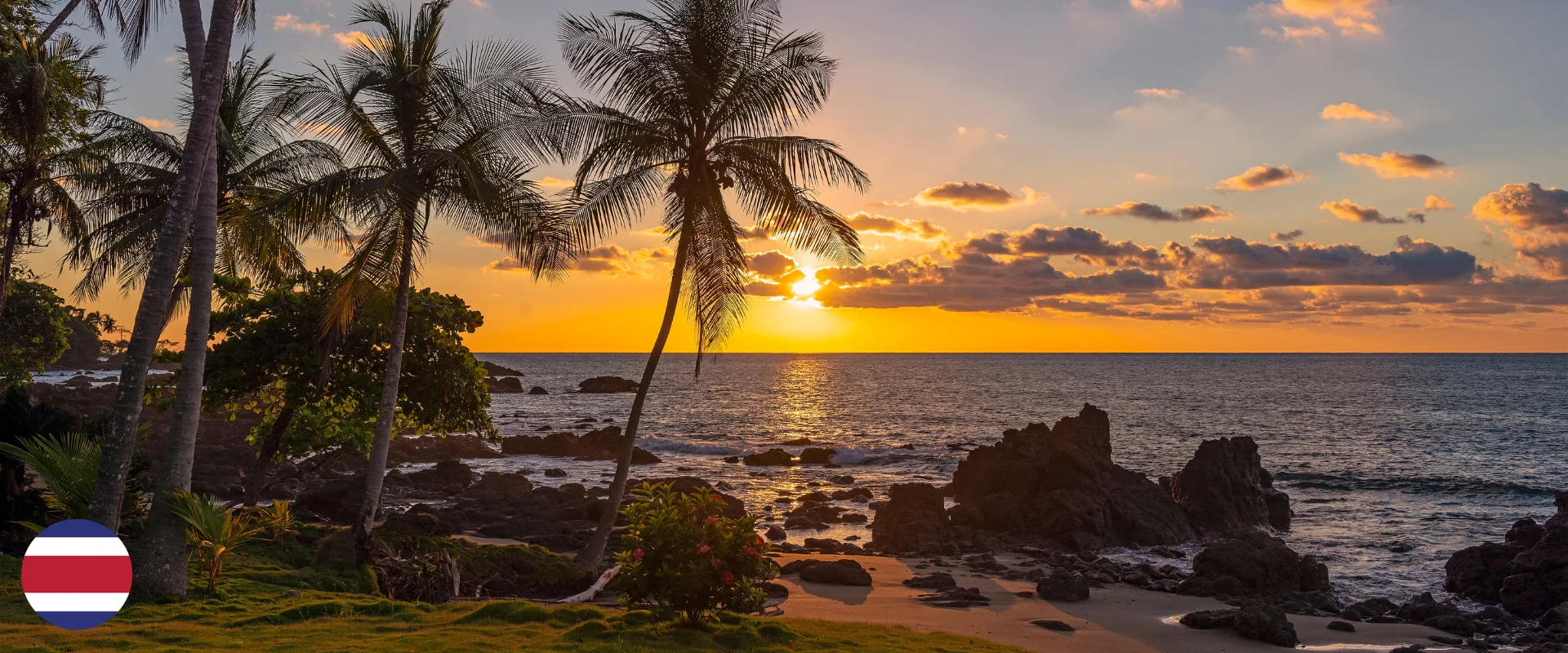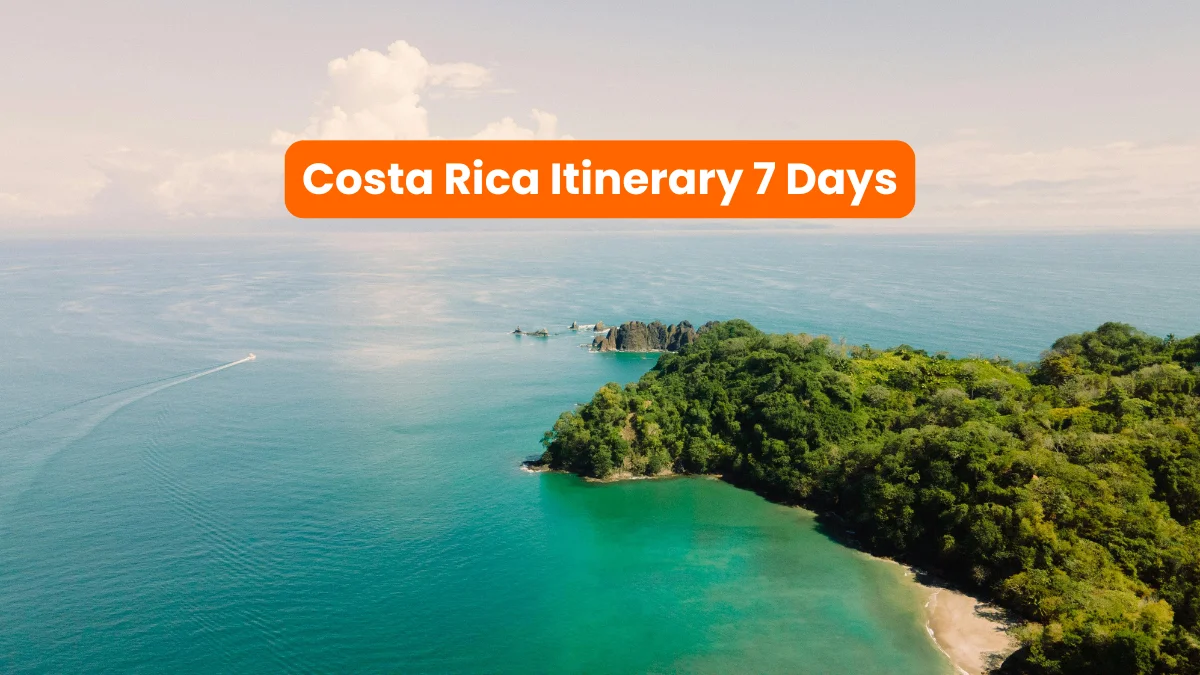The essence of Costa Rica’s charm lies not only in its natural beauty but also in its vibrant culture and welcoming people, known as “Ticos”. This section explores the cultural nuances that define Costa Rican life and the strong sense of community that links its people together, providing travelers with a richer understanding of this nation’s identity.
The Meaning of “Pura Vida” in Daily Life
In Costa Rica, “Pura Vida” is more than a phrase; it’s a way of life that reflects happiness, satisfaction, and optimism. This mantra plays a significant role in everyday interactions and community dynamics, illustrating how Costa Ricans prioritize well-being and positivity over material wealth.
At the heart of “Pura Vida” lies a philosophy of simplicity and appreciation for life’s pleasures. Ticos recognize the value of family gatherings, good conversation, and the natural beauty surrounding them, which enhances their overall life satisfaction. Whether used as a greeting, a farewell, or an expression of gratitude, “Pura Vida” encapsulates a state of mindfulness, prompting people to live each moment to the fullest.
The relaxed approach inherent in the “Pura Vida” lifestyle contributes significantly to the nation’s high happiness index. For tourists, embracing this attitude can transform a trip into a spiritual journey, encouraging connections with locals and deeper engagement with both culture and environment. This attitude fosters a healthier mindset for travelers, emphasizing the importance of joy and contentment over the relentless pursuit of success.
Ticos and Their Strong Community Values
Costa Ricans, colloquially known as Ticos, hail from a culture rooted in community values and social well-being. Family bonds and community relationships are crucial elements in daily life, as Ticos emphasize the importance of social networks in providing emotional and financial support.
In Costa Rican society, community well-being often takes precedence over individual pursuits. This communal living ensures everyone feels included and cared for, reflecting a society driven by empathy and respect. From neighborhood gatherings to national celebrations, you’ll find a collectivist spirit radiating throughout Costa Rica.
Ticos place high importance on education, healthcare, and ecological preservation, garnering admiration for their social advancements and sustainable practices. Travelers noticing these communal aspects can truly appreciate the cultural richness and the deep sense of belonging prevalent in the country.
Cultural Mix of Indigenous, Spanish, and Afro-Caribbean Roots
Costa Rica’s culture is an intricate mosaic, formed by the influences of its Indigenous peoples, Spanish colonizers, and Afro-Caribbean communities. This cultural diversity has led to a vibrant society where myriad traditions coexist and evolve.
From the Bribri and Cabécar Indigenous communities, Costa Rica inherited a profound connection to nature and spirituality, which is evident in many traditional practices and beliefs. These influences can strongly be felt in the nation’s collective consciousness as ecological stewardship is deeply integrated into cultural values.
The Spanish influence predominantly manifests through language, religion, and architectural styles, blending harmoniously with Indigenous traditions. Conversely, the Afro-Caribbean communities, particularly along the eastern coast, bring forth dynamic elements of music and dance, seen in lively carnivals and culinary traditions rich in spices and flavors.
Understanding this multicultural tapestry helps travelers appreciate the uniqueness of Costa Rican culture, allowing them to witness the coexistence of different heritages and how they’ve knitted together to form a stronger, more inclusive society.




